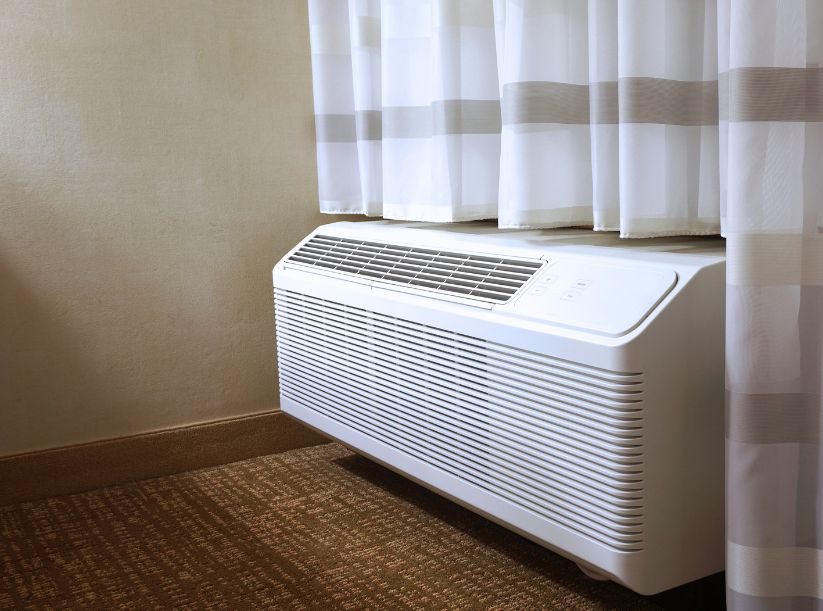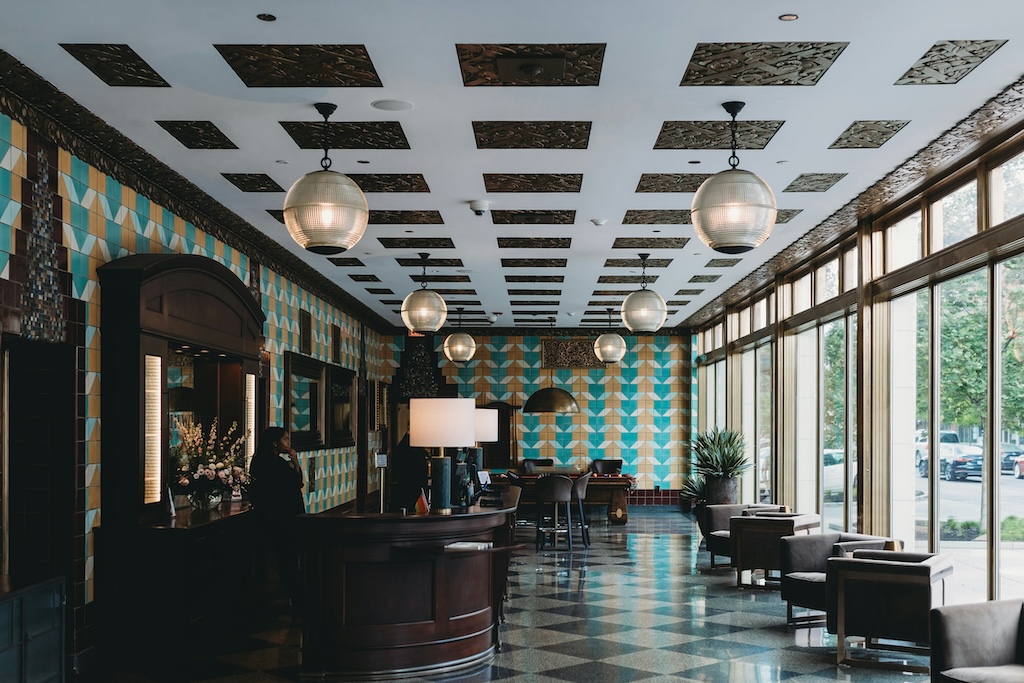

As you well know, running a hotel comes with many responsibilities. One of the big goals overall is keeping guests happy and costs down. It’s relatively easy to stay on top of the usual expenses like wages, repairs, and supplies, but are you overlooking your facility’s energy consumption? Implement these five simple energy-saving tips for your hotel to lower costs and keep your margins high.
FYI: here are some steps you can take to increase your hotel reservations as a hotelier. They can help you increase your bottom line in the long run.
Are vampires secretly staying in your hotel? Many electronic devices draw energy from electric outlets even after you power them down. Some need to recharge, while others, like hospitality TVs, stay powered so you can easily turn them back on with the remote. Ensure TV sets, phone chargers, coffeemakers, and similar devices in staff areas are shut off when not in use. It’s harder to monitor your guests’ usage, of course, but consider installing smart plugs if your budget allows it. They’ll shut off power to inactive hospitality electronics in unoccupied rooms.
Lighting uses a lot of electricity. Hopefully, you’re already switching off lights in vacant rooms throughout the facility. Automatic infrared-activated lights ensure they’re off even if the last person to leave the room forgets to flip the switch. Save more money by exchanging incandescent bulbs for LED lights. LEDs last longer and use less energy than incandescent bulbs. The savings continue with less maintenance, fewer replacements, and less trash you need to pay a disposal crew to haul away.
The steady drip from a single faucet may not look like much, but it adds up to gallons of water wasted over a month or year, water you paid for. Conduct regular inspections of every faucet on the property and move swiftly when guests report troublesome drips. Most dripping faucets are a simple fix, requiring tightening or a new washer at most. Compare that cost to replacing a faucet or a cabinet ruined by rust, mold, and rot.
Pools are a popular amenity for potential guests. They’re also tremendous energy wasters. Fortunately, basic pool monitoring can keep costs down. For example, you can reduce the evaporation rate and lower heating costs by as much as 70 percent if you cover your pool every night.
Keep your heated pool at a comfortable 70 degrees during the winter. Doing so keeps expenses down while leaving guests perfectly refreshed! Regular maintenance is a must. Ask the technician who works on your pool about cleaning the filtering mechanism. A clean filter runs better.
Installing solar panels is a big expense at the outset, but it pays off down the line. Solar power makes your facility less dependent on the local power supply. It diminishes your carbon footprint and can qualify your hotel for tax rebates and reductions. Finally, it looks good to potential guests who prefer a greener experience on their trips.
These five simple energy-saving tips for your hotel save money and make your hotel a desirable destination. Implement some of these improvements with the commercial hospitality products from TWS Transworld. We help hotels stay modern, attractive, and energy-efficient, from big screens to small accessories.
Reach out to our hotel tech products team directly. We're happy to help point you in the right direction when it comes to energy-saving products and tips.

Updating in-room appliances such as PTAC units could differentiate between sky-high energy bills and an eco-friendly hotel model. Keep reading to learn more about how hotels can reduce energy use with new PTAC units and why you should consider upgrading your appliances.

Fill out the form below to request more information.

Hospitality Industry Property Management Systems vs. Energy Management Systems: both serve different functions and are essential to success.
